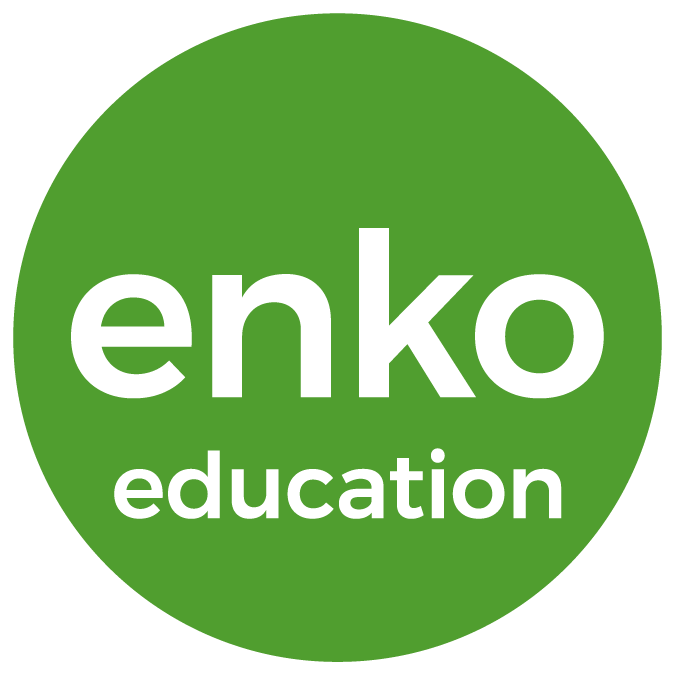Access Africa – linking education and entertainment

Twenty years ago, in 1995, a couple from the U.S. Virgin Islands, Michael and Vikki Boyce traveled to the Ivory Coast.
This was the first of more than 20 trips to West Africa that the couple has taken over the years. Africa became a compulsion. The couple first went to Africa to buy an African beer named Mamba. Over the years, the couple’s interest made an about-face. Africa was initially viewed exclusively as a business opportunity; quickly Africa became a preoccupation.
In 1998, after an African child that they knew died from a easily preventable disease (Guinea Worms) the couple decided to do something about the lack of information that was available to the poorest African communities. As they assessed the situation, the couple realized that the problem was a lack of readily available information dissemination methods that would allow disadvantaged and rural communities to be educated about even the simplest things like the importance of washing one’s hands.
The couple brainstormed strategies that would allow this under-served majority of the country to become privy to information that was readily available to more affluent segments of the population. They came up with a rough concept whereby information could be presented to rural communities using a large projection screen system.
In 1999, the couple tested their concept. They planned to take a medium quality projector and a small sound system to a village in the Ivory Coast’s northern sector and show some programming in the local language to see if people would be interested. When the couple told their friend who had introduced them to Africa what they were planning, he told them to take a video about AIDS to include in their programming. Having little to work with, they took the video he gave them along with a couple of movies into this small village.
The two set the screen up in a soccer field adjacent to a friend’s house and showed a movie, and the documentary about AIDS. The documentary chronicled the life of a truck driver. The truck driver had a wife and several children prior to becoming employed as a truck driver. Once he got on the job, he was away from his family for weeks, sometimes months at a time. Over the course of several years of driving the truck, he picked up a number of prostitutes who frequented the many truck stops and fueling stations along the truckers’ routes. He subsequently contracted HIV. Unbeknown to him, he brought the disease home to his wife. They subsequently had three children who became HIV positive.
The documentary graphically chronicled the lives of the family as the older children had to take care of their parents, and their younger siblings who were dying of AIDS. The informational piece walked the audience through the various stages of the disease up until the death of each family member. It was explicit. The first night, several hundred people showed up. The second night (which was supposed to be the final night) more than 1,000 people came out. The couple was then asked to stay several more nights. With limited programming (1 movie, and a 45 minute documentary) they were astounded by the turn out. The screen was only eight feet by five feet and the sound system was so inadequate that only the first 200 people or so closest to the screen could clearly hear. The third night there was an estimated 5,000 -6,000 people. People had walked in from miles away, most never having seen a television. The concept was an unprecedented hit.
What crystallized the concept for the couple was an event that occurred the fourth and final night. Just before the end of that night’s programming, someone came in from Abidjan the capitol and shared that women were marching in the capitol naked. There had been several weeks of civil unrest, and this Virgin Islands couple had even gotten caught in several massive marches. In one incident, they were teargassed while driving through an area when the military opted to disperse a crowd of protesters. Michael and Vikki Boyce understood the gravity of the situation.
The couple’s host quickly told them that they must leave this north region immediately, and get out of the country as quickly as possible because the naked marching signified a volatile situation. So the programming was shut down earlier than normal, as the couple and their host prepared for the 14 hour drive back to the capitol.
While they were packing up to go, they were approached by the village fetish/voodoo man. He told them a cruel and malicious story. He said that before that night AIDS was just a word that European outsiders brought into their communities. He said he did not know anything about AIDS, and villagers had no concept of the disease’s savagery. The proclaimed fetish man went on to say that in most areas, prostitution had two prices, one with a condom, and a higher one without a condom. All the fetishes capitalized on this price differential, and sold the prostitutes a talisman that supposedly protected them from this word “AIDS” that the European outsiders told them about.
Crying hysterically and whipping himself with a leather whip, the fetish man shared, “Before tonight, AIDS was never real. AIDS was just a word that I and other village fetishes made money from. But for the first time I saw AIDS, and I know that what I sell cannot protect anyone from what I saw tonight.”
After he had told his story, he walked off into the night, continuing to whip himself and whimpering, “I have been killing my people”
The Virgin Islands couple left the village shattered. Michael Boyce said, “All through that long night, the man’s screams as he whipped himself resonated in my mind, as we drove the 14 hours back to Abidjan.”
The Boyce’s were two of the last people to get on a flight out of the country, only able to make it as far as Paris, where they had to layover for almost a week before getting back to New York. When they finally arrived in New York, they discovered that there had been a military coup.
The fetish’s words resonated with this couple and galvanized them into doing something to save lives. Since there was unrest in the Ivory Coast, they could not return. Determined to bring their concept to life, the couple saved for the next seven years and after investing more than $150,000 of their own money they moved to Ghana, and brought Access African People Foundation to life in 2007.
Through trial and error, and the culture shock of moving to another continent, these social entrepreneurs were able to fine tune their concept which crystallized into the non-governmental organization (NGO) it is today. The NGO has traveled to more than 100 small communities and schools since its inception.
After meeting with the community elders, chief, and the Queen Mother, Access Africa conducts a community need assessment. Once finding out the issues that are endemic to the community, the organization sets up its giant screens in the community’s soccer field. Access Africa shows movies or international soccer tournaments creating captive audiences, and then every 12 minutes they insert the messaging that addresses the communities need. The issues range from HIV/AIDS prevention to testing for malaria and cholera prevention, sanitation and hygiene education, to the importance of girl-child education.
Since 2007, Access Africa has reached more than 2.5 million viewers in Ghana. Having self-funded the organization for more than eight years, the organization has exceeded the couple’s ability to finance it on their own. Having carefully developed the model, Access is now for the first time seeking outside resources to expand their work.
The organization is seeking funding that will allow it to purchase and operate 10 screen systems.
Making its screens available to companies who want to disseminate their messages to a previously unreachable demographic group will allow Access to become self-sustaining, while enhancing the ability to broadcast its life saving messages. With the critical mass of viewers that 10 screens will provide, Access will be able to grow and expand its life saving work across Ghana and eventually into other countries. Readers worldwide can help make this happen by becoming contributors to an upcoming Indiegogo campaign which is about to launch in the next few weeks.
Sharing their vision for the future, the couple commented, “Our vision for the future is to expand our existing NGO in Ghana from a small but well developed project, into a network of knowledge empowering conduits that serves humanity. With help from those with an altruistic and compassionate nature, our reach will become deep and widespread. The ability to save lives and change people’s behavior for the better all across Ghana will be accomplished on an unprecedented level.”
Continuing Michael Boyce said, “We have seen the impact that this project has had, and it has only been done in a very small part of Ghana. We have saved many lives, and touched many, many more, by simply dispensing information that is readily available to everyone else in the world. The feeling of having done that is euphoric. Now after eight years, we have perfected the model, we want to do it on a much bigger scale. We want to continue saving lives.”
For more information on this project visit www.accessafricanpeople.org.
Source: insightnews



